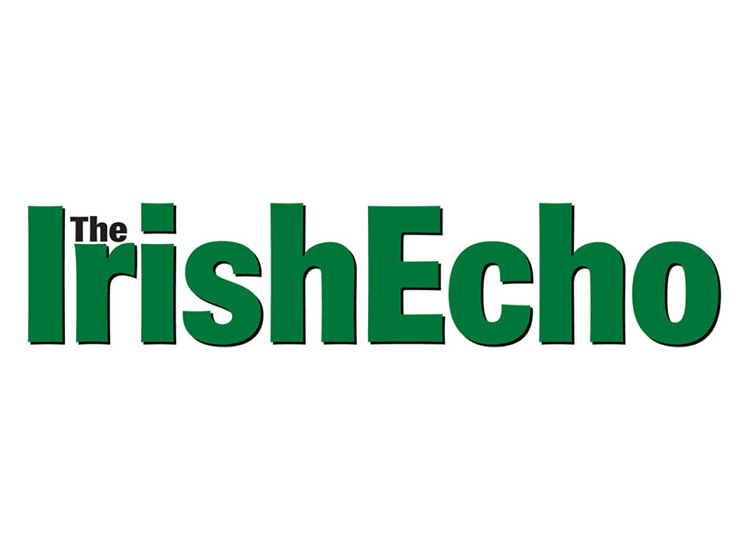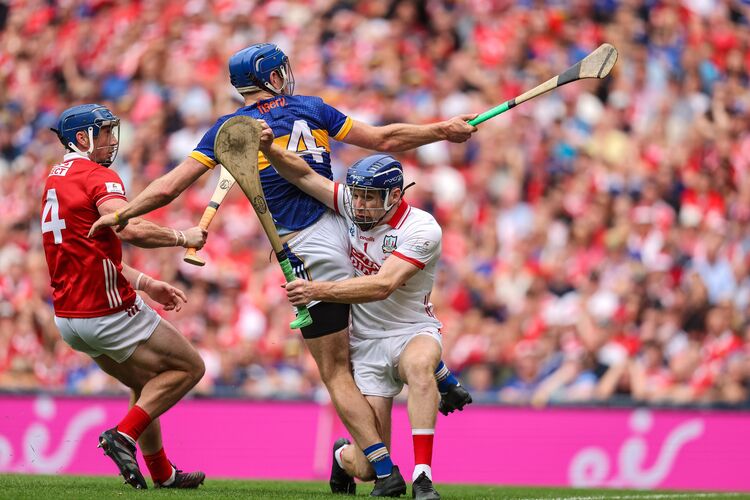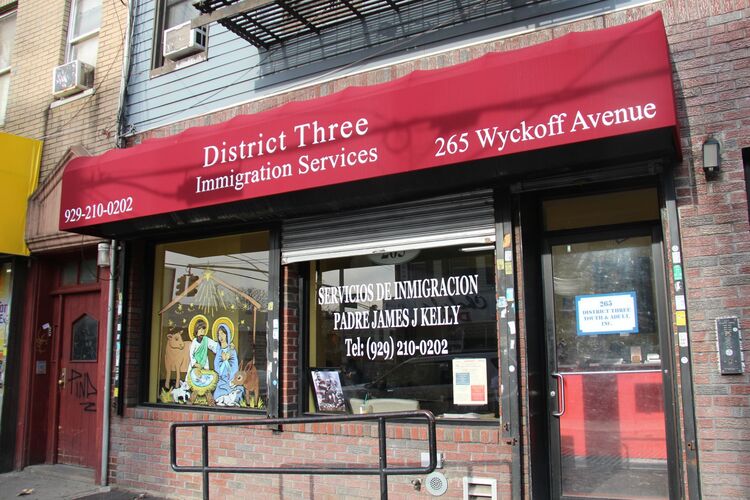Paul O’Dwyer.
By Irish Echo Staff
Pearl Harbor changed a lot of things, not least the outlook of an organization called the Friends of Irish Neutrality.
To mark the 75th anniversary of the group’s foundation, and its rather brief existence, St. John’s University in New York is convening an event next week that will look at the Friends of Irish Neutrality, documentation and records of which are housed at the Queens campus of the university, specifically in its Office of University and Special Collections.
“Included in the archives are four boxes that make up a collection of the records of a uniquely Irish–American organization that made a powerful and lasting mark on global foreign policy 75 years ago,” said a release from St. John’s announcing the forum which will take place at the University’s Manhattan campus on Thursday evening, November 12.
The American Friends of Irish Neutrality (AFIN) was formed in New York City in November 1940 in order to support the preservation of Irish neutrality during World War II.
The special collection of the records of this organization was donated by the late Paul O’Dwyer, a graduate of St. John’s University School of Law Class of 1929.
O’Dwyer, according to the release, was a founding member of the AFIN along with other Irish notables: Sean P. Keating, a veteran of the Irish War of Independence who went on to become Deputy Mayor of New York City underMayor Robert Wagner, Fordham University Professor James O’Brien, and Charlie Connolly the founding publisher and editor of the Irish Echo.
Brian Browne, Assistant Vice President for Government Relations and an Adjunct Professor at St. John’s is coordinating the event scheduled for Thursday, November 12 at 7 p.m. at the Manhattan Campus of St. John’s University, 101 Astor Place.
A lecture will include a brief overview of the history of the AFIN by Irish-American writer and historian Tom Deignan.
Browne will then lead a panel discussion featuring prominent New York City attorney Brian O’Dwyer, son of Paul O’dwyer, attorney Matthew Larkin (a grandson of Sean Keating) and Irish Echo editor Ray O’Hanlon.
An exhibit of some original items from the special collection will be on display as well as many digitized images.
“The special collection housed at St. John’s is a window of time when Irish foreign policy was literally being formed and felt on the streets of New York,” said Browne.
“To read how, in an era before digital communication, the AFIN was able to host meetings across the country that were attended by thousands and were able to collect two million signatures on a petition asking the United States government to supply Ireland with military and other supplies is testimony to just how hard the AFIN worked.” Browne added.
Throughout World War II, the issue of Ireland’s neutrality was publicly protested, critiqued by the press both in the United States and abroad and was a major complication for the British government and Prime Minister Winston Churchill during the war effort.
From the Irish perspective, led by Taoiseach Eamon de Valera, neutrality was a logical political position to take in light of centuries of unjust rule by the British from whom Ireland only gained independence from in 1922, and was a way to demonstrate their own sovereignty in foreign affairs.
The complexities of diplomacy and the dynamic relationships between the United States, the United Kingdom and the Republic of Ireland before, during and following World War II, would have lasting consequences.
Said the event release: “The American Friends of Irish Neutrality was only in existence from November 1940 until just after the attack on Pearl Harbor in December 1941 but in that short time it demonstrated a unique ability to organize and mobilize the Irish community throughout the United States to champion the cause of Irish neutrality during World War II.
“The AFIN organized meetings, rallies, parades, prayer services, and orchestrated an international public relations and fundraising campaign supporting Irish neutrality that appealed to not only the Irish, but the broader American public.
The collection at St. John’s University consists of letters sent among members of the AFIN as well as telegrams sent to historical figures such as Franklin and Eleanor Roosevelt, Eamon de Valera and Winston Churchill.
Photographs, cartoons, speeches, newspaper clippings and membership records are all contained in the collection.
Cartoons, editorials and a steady stream of articles promoting the cause of Irish neutrality published in the Irish Echo at the time are just some of the highlights found in the special collection.
The lecture is free and open to the public. To RSVP or for more information contact Brian Browne at (718) 990-2762, or browneb@stjohns.edu.







